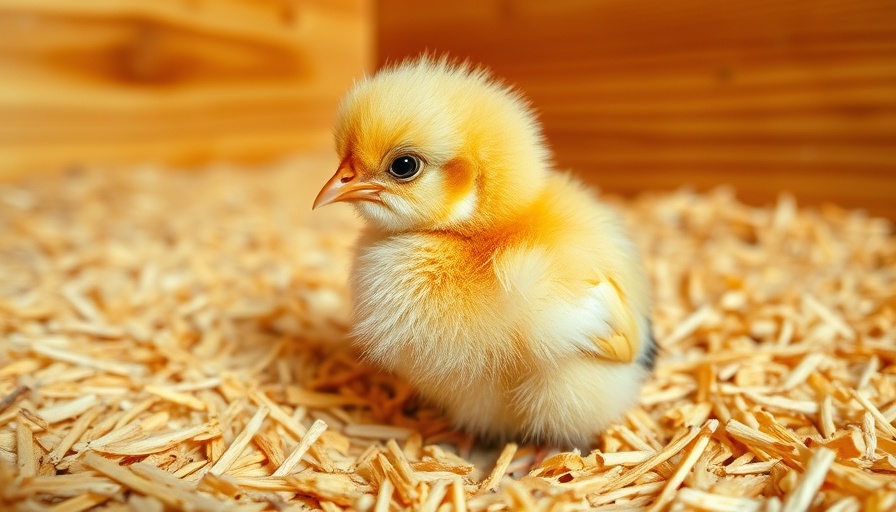
Understanding Swollen Abdomen and Weakness in Young Chicks
Chickens, particularly in their early stages of life, can face various health challenges that necessitate close observation by their caretakers. A common concern among chick owners is the manifestation of physical symptoms such as swollen bellies and lethargy, which may severely impact their wellbeing.
Identifying Signs of Illness
The case regarding a 3-5 week-old chick suffering from both abdominal swelling and inability to stand is particularly troubling. Such symptoms can be indicative of a few underlying conditions. One potential cause is **ascites**, a condition characterized by the accumulation of fluid in the abdominal cavity, which can lead to significant discomfort and mobility issues. Moreover, these symptoms may suggest the presence of **infectious diseases**, **nutritional deficiencies**, or even internal parasitism.
Common Misdiagnoses in Young Poultry
When faced with such symptoms, many new owners may misattribute the lethargy and swelling to the chick merely being sick or a general lack of energy. However, several diseases can present in a manner similar to what this chick displays, necessitating accurate diagnosis for effective treatment. It is imperative for caretakers to understand the difference between benign conditions and those requiring immediate medical attention.
The Role of Veterinary Assessment
In light of such scenarios, consulting with a veterinarian with experience in avian medicine is vital. Early assessment and diagnosis can greatly improve prognosis, allowing for timely interventions, whether those involve dietary adjustments, parasite treatments, or more complex medical attention.
Prevention is Key
To avoid such incidents, maintaining an optimal environment is crucial. This includes ensuring proper nutrition, regular health checks, and vaccinations where necessary. By fostering a healthy ecosystem for your birds, one can mitigate many common diseases seen in poultry.
Take Action: Assess and Consult
If you notice similar symptoms in your chicks, do not wait for the condition to worsen. Examine your flock closely and consult a qualified avian veterinarian as soon as possible. Prevention through education and prompt action can save lives and ensure that your flock remains healthy and vibrant.
 Add Row
Add Row  Add
Add 




 Add Row
Add Row  Add
Add 

Write A Comment